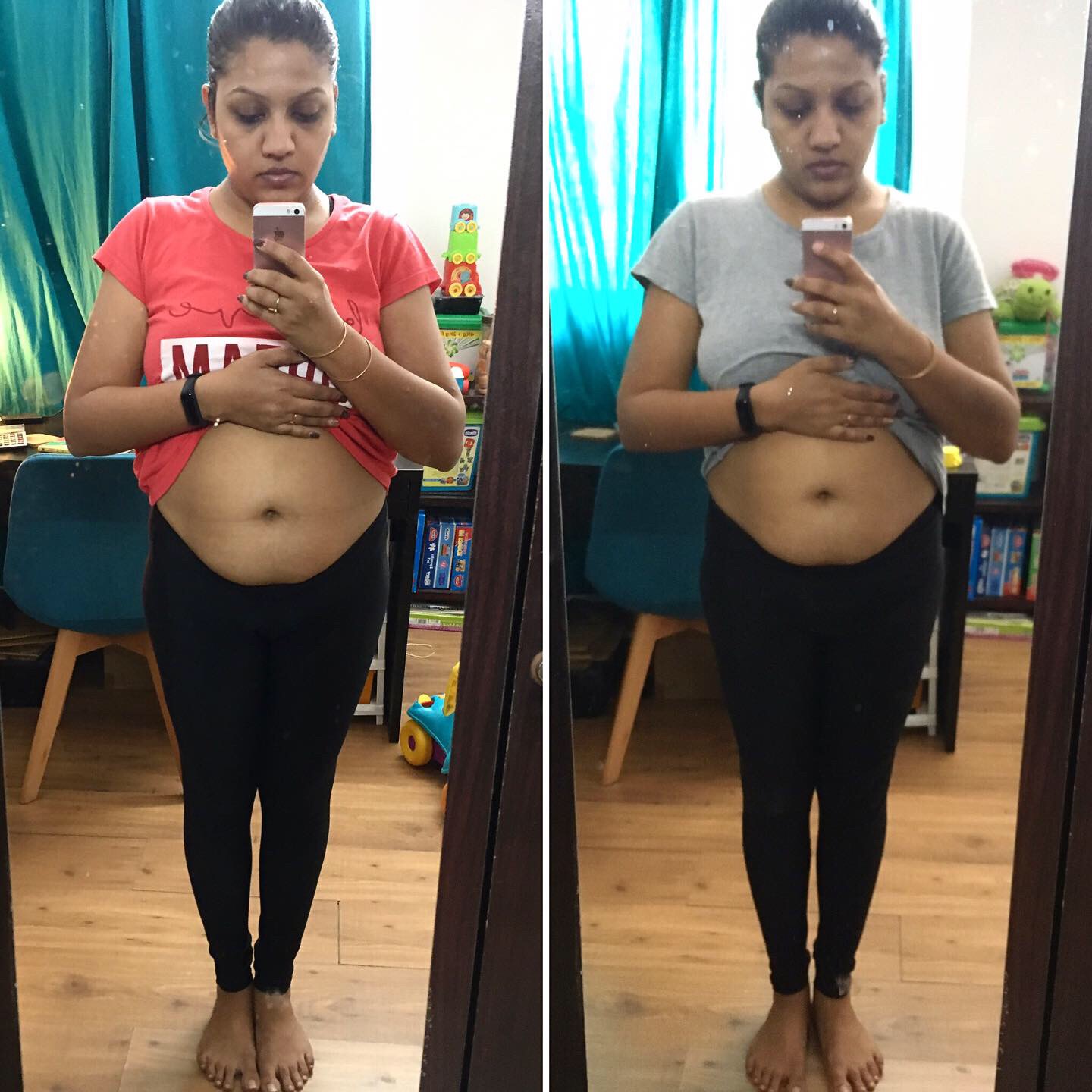
To help control blood sugar levels and lose weight, limit the number of meals that you eat daily to one. However, this approach can also lead to disordered eating. These tips will make this approach more effective: Limit your intake of calories and limit the number of meals you consume per day to one large dinner plate.
Weight loss can be achieved by restricting your daily food intake to one meal per day
A study showed that restricting your food intake to just one meal per day can help you lose weight. The OMAD diet can be challenging to stick with. You will lose weight by increasing your body's production levels of ghrelin. You will also experience an increase in blood pressure and cholesterol. People with diabetes and heart disease may find this diet unhealthy.

Another study has shown that restricting your food intake to one meal a single day can cause an increase in blood pressure and cholesterol. For this reason, it may not be recommended for anyone with health issues. Additionally, eating a single meal late in the evening can increase blood sugar levels. One study showed that those who ate only one meal per day had higher blood glucose levels in the morning, than those who ate twice daily.
It can also help you control blood sugar levels
Controlling blood sugar can be done by eating one small meal per day. Breaking the fast, also known by breakfast, gives your body the energy it needs to get you through the day. Skipping breakfast can cause blood sugar spikes throughout the day.
This study used multistage stratified sampling to select people 18 and over from cities and rural locations across the United States. The six tiers of cities were divided according to their level of development. The researchers categorized these cities according to their level of development.
It might lead to disordered or unhealthy eating
Although it is common to believe that eating one meal per week is normal, this can lead people to eat disordered. This is because eating only one meal a day is associated with binge eating. In fact, one in four people who suffer from eating disorders do so only once per day.

Eating disorders can impact your mental, physical and social health. Among other things, they can increase your risk for heart disease and gastrointestinal problems. They can also lead depression and anxiety. These problems can get worse over time. If you are worried that you may be slipping into this trap, talk to your loved ones.
FAQ
How long should I fast intermittently to lose weight
The answer isn't as easy as it seems. For optimal fat loss, you need to take into account many factors. These factors include:
-
Your age. Your age. Intermittent fasting is more difficult for younger people under 40. You have less time to recover each day from fasting. If you are older than 60, you might find it difficult to maintain a prolonged period of daily fasting.
-
Your current body composition. Longer periods of fasting are more beneficial if you have a lot muscle mass. For those with less muscle mass, however, you may be able to benefit from shorter fasting times.
-
How physically active are you. You may need to increase your fasting time if you exercise often. This will ensure you get enough rest between workouts.
-
Your past health history. Additional fasting monitoring may be required for certain medical conditions such as diabetes or heart disease.
-
How well do you tolerate stress? Stress can often lead to us eating more. This problem can be avoided by increasing the length of your fasting periods.
-
Your diet. Certain diets, like ketogenic diets, may require even longer fasting periods.
-
How much sleep you get. The quality of your sleep is also a factor in increased appetite and decreased metabolism. It might take some time to find what works best for your needs.
-
The amount of protein you consume. Protein stabilizes blood sugar levels. Therefore, eating more protein could result in lower insulin levels. This would allow one to fast for longer periods.
-
Individuals who are trying lose or gain weight will require longer fasting times than those who are trying.
-
What proportion of calories do your fasting hours allow you to consume? Fasting for fewer calories a day can result in more fat loss than fasting to eat more calories a day.
-
Your fitness level. People who are fit and fast burn more calories per day.
-
Your gender. Men tend to have greater appetites that women, so they may need a longer fast. Women have smaller appetites than men, so they may need to fast just 20-30 minutes each day.
-
Your lifestyle. Are you someone who gets plenty of physical activity? Do you exercise multiple times a week or do you just go to the gym? Do you work at a desk all day? All these factors can have an impact on how much time you should speed.
-
How much do you spend per month on food? Eating healthy foods doesn't necessarily mean spending much money on groceries. Whole grains can be replaced by white bread, fruits can replace candy bars, and lean cuts of meat can be used to save money.
-
How important it is for you to control your hunger. If you don't want to skip meals, you might not need to fast as long as other people do.
Why Exercise is Important for Weight Loss
The human body is an amazing machine. It was made to move. Whether we are walking, running, swimming, biking, lifting weights, playing sports, dancing, jumping rope, riding our bikes, or just standing still, moving our bodies helps us stay healthy.
Exercise can also help you lose weight and tone your muscles. This will make you feel healthier both mentally and physically. People may have heard that exercising is important for weight reduction. But how can this be true?
-
Exercise increases metabolism. Being active can increase your body's ability to use energy. When you move, your heart beats quicker, blood flows to your muscles, oxygen is absorbed by your lungs, and blood flows faster to your muscles. All these activities use energy. When you are exercising, you burn extra calories by increasing your metabolic rate. The amount of energy that your body burns during exercise is called the "burning calories".
-
Exercise reduces appetite. Working out will help you to eat less and make you feel fuller all day.
-
Exercise builds strength. Muscle tissue uses more energy than fat tissue to function. To maintain your current weight, you'll need less calories if muscle mass is increased.
-
Exercise releases endorphins. Endorphins are hormones which make you happy. They are released into the bloodstream during exercise. Studies show that endorphins actually block pain signals from reaching your brain. This provides a feeling if well-being.
-
Exercise increases self-esteem. Regular exercise is associated with higher self-esteem. It also leads to a healthier lifestyle.
You can lose weight by making small changes. Add one of these tips today to your routine.
What can I have in the morning when I'm intermittently fasting?
Get water in the morning. You feel fuller faster and have more energy throughout the day. You can add lemon juice or cucumber slices to enhance the flavor.
Statistics
- According to Harvard Health, it's estimated that a 155-pound (70-kg) person burns around 167 calories per 30 minutes of walking at a moderate pace of 4 mph (6.4 km/h) (5). (healthline.com)
- One study in 9 active men found that HIIT burned 25–30% more calories per minute than other types of exercises, including weight training, cycling, and running on a treadmill (18Trusted Source (healthline.com)
- According to Harvard Health, it's estimated that a 155-pound (70-kg) person burns roughly 112 calories per 30 minutes of weight training (5). (healthline.com)
- One 6-month study showed that simply doing 11 minutes of strength-based exercises 3 times per week resulted in a 7.4% increase in metabolic rate, on average. (healthline.com)
External Links
How To
How to exercise for weight loss
It is one of best ways to lose weight. Many people are not aware of how to properly exercise. Cardio exercises include walking, running, swimming and cycling. Strength training should also be included such as lifting weights, doing pushups, pullups, squats, lunges etc. Combine these two types together to lose weight. Start exercising and find friends to support you. You have the option to go to a gym, but you also have the option of walking around the neighborhood. No matter which type of activity, you need to be consistent with it. It's easy not to stick with a routine when you first start working out. Keep at it!